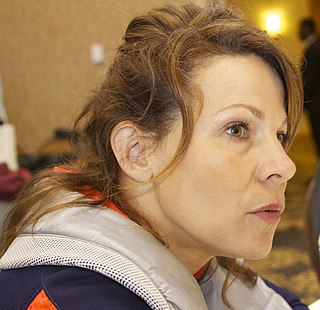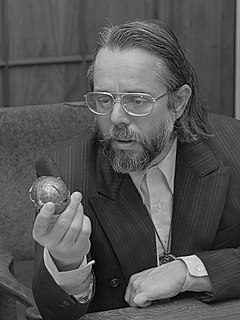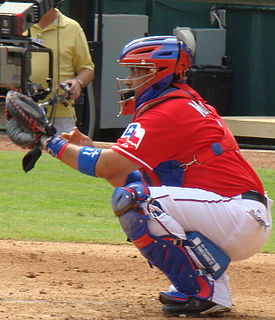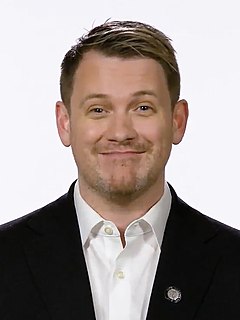A Quote by Lili Taylor
We need art. We've been telling stories since the beginning. As human beings, we need it for our survival.
Quote Topics
Related Quotes
The thing is, right now the films don't need to be overtly political to be about our times. We also need films that are just human, that are about people. People need that, too. It's like we need to reconnect to what it is to be human. Not just what our political situation is. That's not what I'm thinking about exclusively. Human content is needed again, as it was in the '70s. I think films were more human than they've been since then.
For girls and women, storytelling has a double and triple importance. Because the stories of our lives have been marginalized and ignored by history, and often dismissed and treated as 'gossip' within our own cultures and families, female human beings are more likely to be discouraged from telling our stories and from listening to each other with seriousness.
So I found myself telling my own stories. It was strange: as I did it I realised how much we get shaped by our stories. It's like the stories of our lives make us the people we are. If someone had no stories, they wouldn't be human, wouldn't exist. And if my stories had been different I wouldn't be the person I am.
When I look at birds and animals, their survival is without rules, without conditions, without organization. But mothers take good care of their offspring. That's nature. In human beings also, parents - particularly mothers - and children have a special bond. Mother's milk is a sign of this affection. We are created that way. The child's survival is entirely dependent on someone else's affection. So, basically, each individual's survival or future depends on society. We need these human values.
There’s always been a need for horror fiction, though - ghost stories have been a staple of every human society since the beginning of recorded literature - and while commercially the field may have its ups and downs, it will never go away. Hell, look at the Bible: gods, devils, ghosts, witches, giants, resurrections. That’s one big horror story. And it’s the most popular book on the planet.
The desire for story is very, very deep in human beings. We are the only creature in the world that does this; we are the only creature that tells stories, and sometimes those are true stories and sometimes those are made up stories. Then there are the larger stories, the grand narratives that we live in, which are things like nation and family and clan and so on. Those stories are considered to be treated reverentially. They need to be part of the way in which we conduct the discourse of our lives and to prevent people from doing something very damaging to human nature.




































